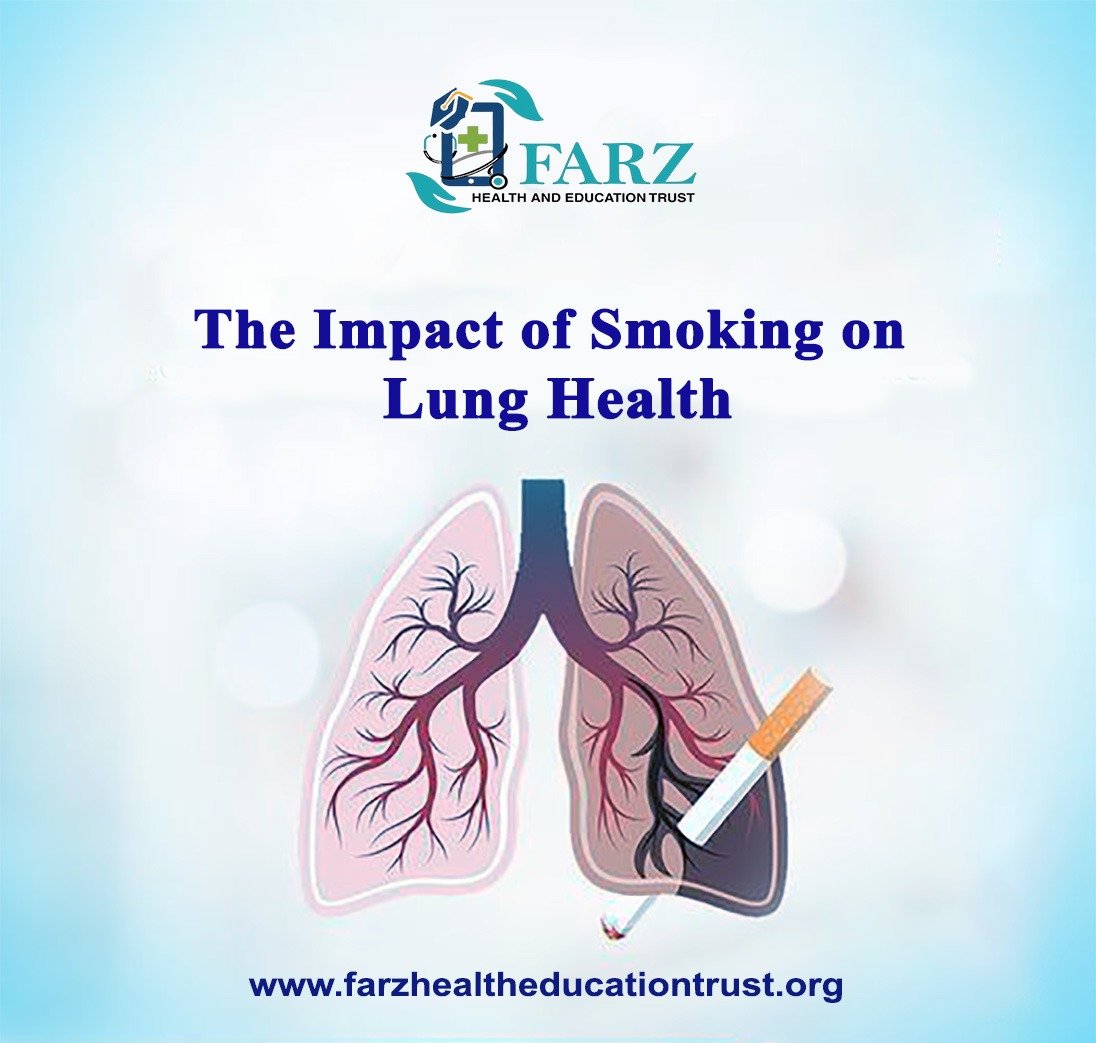
Smoking is one of the leading causes of preventable diseases worldwide, and its harmful effects on lung health are undeniable. Whether you’re a smoker or someone who has never picked up a cigarette, it’s essential to understand the grave consequences smoking can have on your lungs. In this blog post, we’ll explore how smoking damages lung health, the diseases associated with it, and how you can take steps to protect your lungs.
How Smoking Affects Your Lungs
Smoking introduces over 7,000 chemicals into your lungs with each puff, many of which are toxic and can cause severe damage. The harmful substances in tobacco smoke damage the lungs in a variety of ways:
- Airway Inflammation: Smoking irritates the airways, causing inflammation and narrowing of the bronchial tubes, leading to breathing difficulties.
- Decreased Lung Function: The chemicals in cigarettes damage the alveoli (air sacs in the lungs), which makes it harder for oxygen to be absorbed into the bloodstream and for carbon dioxide to be expelled.
- Impaired Cilia Function: The cilia are tiny hair-like structures that line the airways and help clear out mucus and pathogens. Smoking paralyzes the cilia, leading to a buildup of harmful substances in the lungs.
Diseases Caused by Smoking
The consequences of smoking on lung health are far-reaching, leading to several chronic conditions and life-threatening diseases:
- Chronic Obstructive Pulmonary Disease (COPD): Smoking is the primary cause of COPD, a group of lung diseases that includes chronic bronchitis and emphysema. These conditions cause persistent coughing, wheezing, shortness of breath, and reduced lung function.
- Lung Cancer: Smoking is the leading cause of lung cancer, accounting for about 85% of cases. The carcinogens in tobacco smoke damage the DNA in lung cells, increasing the risk of abnormal growth and cancer.
- Chronic Bronchitis: This condition is characterized by a persistent cough that produces mucus, frequent respiratory infections, and difficulty breathing.
- Emphysema: In emphysema, the alveoli (tiny air sacs in the lungs) are damaged, causing difficulty in exhaling and reducing oxygen intake.
- Asthma: Smoking can trigger asthma attacks and worsen symptoms in people who already have asthma. It increases airway inflammation and sensitivity, making it harder to control asthma.
Secondhand Smoke: Not Just a Problem for Smokers
Even if you don’t smoke, exposure to secondhand smoke can harm your lung health. Secondhand smoke contains the same toxic chemicals as the smoke inhaled directly by smokers, and prolonged exposure can cause respiratory diseases in non-smokers.
- Lung Cancer Risk: Non-smokers who are regularly exposed to secondhand smoke are at a higher risk of lung cancer.
- Increased Respiratory Problems: Children and adults exposed to secondhand smoke are more likely to suffer from asthma, respiratory infections, and reduced lung function.
- Pregnancy Risks: Pregnant women who are exposed to secondhand smoke are at a higher risk of premature birth, low birth weight, and developmental issues in the baby.
The Benefits of Quitting Smoking for Your Lung Health
It’s never too late to quit smoking, and the benefits to your lungs begin almost immediately:
- Improved Lung Function: Within a few weeks of quitting, lung function starts to improve, and you may notice less coughing and shortness of breath.
- Reduced Risk of Diseases: The risk of lung cancer, COPD, and other lung diseases decreases over time after quitting smoking.
- Better Quality of Life: Quitting smoking can lead to better overall health, improved energy levels, and better cardiovascular health.
How to Protect Your Lungs from Smoking Damage
- Quit Smoking Today: If you’re a smoker, the best thing you can do for your lungs is to quit. There are numerous resources, support groups, and smoking cessation programs that can help.
- Avoid Secondhand Smoke: Protect your lungs by avoiding environments where people are smoking, and encourage others to quit.
- Exercise Regularly: Regular physical activity can improve lung function, increase lung capacity, and help you recover from lung damage caused by smoking.
- Eat a Lung-Friendly Diet: A healthy diet rich in fruits, vegetables, and antioxidants can help protect your lungs from further damage.
- Visit Your Doctor: Regular check-ups and lung screenings can help detect any early signs of lung diseases and enable early intervention.
Conclusion:
Smoking continues to take a devastating toll on lung health worldwide, but it is a preventable cause of disease. If you are a smoker, quitting today can help protect your lungs and reduce the risk of serious health issues in the future. For those who don’t smoke, avoiding exposure to secondhand smoke is essential in maintaining lung health. Together, we can reduce the impact of smoking on lung health and create a healthier, smoke-free future.
For more information and resources, visit www.farzhealtheducationtrust.org.
